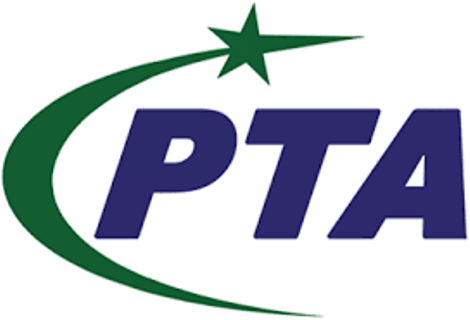
ISLAMABAD, Sep 11 (APP): In a world increasingly shaped by the digital realm, parents have a key role in educating children about the potential risks of the internet usage and guiding them on safe online practices.
Director of the Pakistan Telecommunications Authority (PTA), Muhammad Farooq, in an article titled “Safe Spaces for Children in the Digital Age: The Vital Role of Parents,” expressed deep concerns about the risks children face online, such as child exploitation.
Farooq said that parents should play a pivotal role in their children’s lives, encompassing their physical, psychological, social, intellectual, spiritual, and emotional wellbeing.
He emphasized that prioritizing quality time spent with children, both offline and online, had become more crucial than ever.
He said that parents should recognize that the internet could never replace their role and that its risks often outweighed its benefits, potentially causing harm in the real world.
He also highlighted the disturbing increase in children falling victim to online dangers and engaging in unlawful activities. He stressed the urgent need to educate parents about these issues and provide comprehensive guidance on addressing this problem.
Encouraging open communication and fostering a friendly atmosphere at home was crucial, he said adding this environment enabled children to freely discuss negative internet experiences, allowing parents to educate them on handling such issues wisely and promptly.
To strike the right balance, parents can utilize tools like parental control software/applications. These tools provide an appropriate level of control over their child’s online activities while allowing them to harness the internet for educational and recreational purposes.
The PTA has taken steps to assist parents in this regard by compiling a list of parental control software, including free options, available on the PTA’s website (www.pta.gov.pk).
He advised the parents to teach children not to disclose personal information and identity while using chat rooms, Instant Messaging (IM) programs, online games, or similar activities requiring a login. Encourage children to use a nickname as their username.
Instruct children to create strong passwords for online accounts and avoid using the same password for multiple sites.
In his article he advised children not to share personal information like photos, videos, or personal opinions online, as once it’s online, it’s available to the world.
Teach children never to meet online friends in person, as they may not be who they claim to be. Encourage children to behave ethically online, just as they do in the real world. Urge them to authenticate the source of any content before sharing it.
Remind children that everything they do online is recorded and can be traced by anyone, including law enforcement agencies. Caution children not to click on suspicious links or download files from unknown sources, as they may contain malware or viruses. Only download software from reputable websites.
Make children aware of phishing emails or messages and instruct them never to disclose personal information such as their address, passwords, or financial details to anyone online, as legitimate organizations never request such information through unsolicited emails or messages.